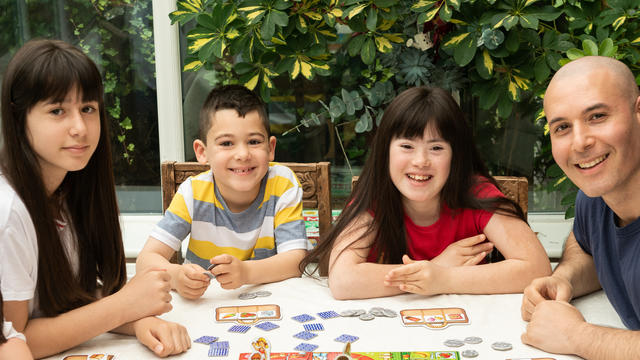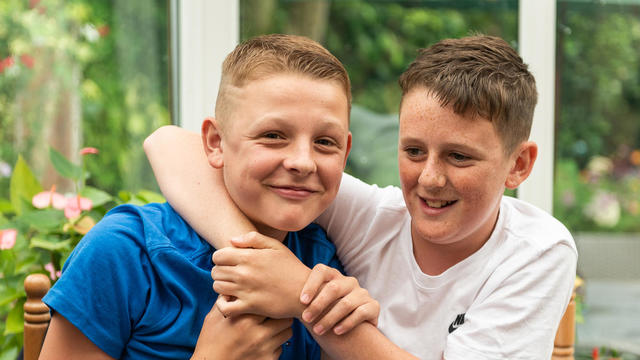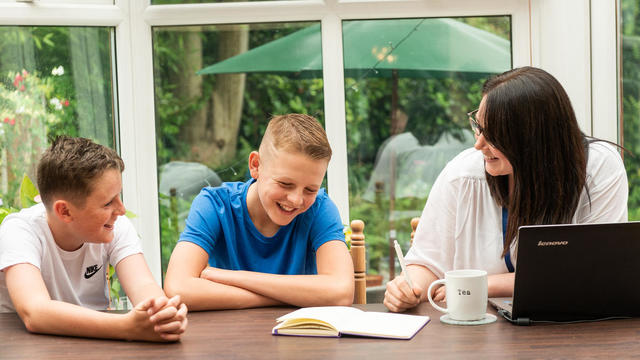Advocacy for all children in care: our response to new advocacy proposals

The government is changing the way that children and young people receive advocacy support, by changing the things that services must provide.
This December, we responded to the consultation by providing feedback based on our conversations with staff and advocacy providers.
You can read our full response here.
Background
Currently, local authorities need to provide advocacy to children in care, children in need and care leavers where they have an active complaint and request help from an advocate.
Independent advocacy is when a trained professional works with a child to understand their wishes and views, and advocates on their behalf, for example, to secure the support they need in meetings and working with other professionals.
This kind of advocacy must follow national standards, which are instructions for organisations that deliver advocacy services to follow. In addition, there is statutory guidance which says what local authorities should do when they are arranging advocacy for children.
The government is planning to change the way that advocacy services work and we have provided feedback about how it could be improved.
What is changing?
Changes to advocacy standards
The DfE is planning to extend national advocacy standards to other groups of children, including those:
- Subject to child protection arrangements.
- Who are classed as ‘children in need’, which should include children with disabilities.
- Who require support into adulthood, including young carers.
- Who have experienced school exclusion.
- Who live in residential or secure settings, including residential special schools.
- Who are in young offender institutions or secure training centres.
Advocacy will be available to children and young people whenever they want advocacy support, not only when they want to make a formal complaint.
Alongside this, there are new standards which are being suggested, such as non-instructed advocacy for non-verbal children, the need for ‘feelings’ to be considered alongside views and wishes, and for interpretation services to be provided so that children can share their views, wishes and feelings in the language they speak and understand.
Despite the standards changing, the scope of statutory guidance will remain unchanged. In our response to the government's proposals, we have asked that standards and guidance be made consistent.
What are some of the new standards?
- Standard 3: Non-instructed advocacy for children and young people who may be unable to give instructions on a specific issue
- Standard 5: Advocates have the values, knowledge, skills, experience, and training to meet these standards
- Standard 9: Advocacy services have effective safeguarding and whistleblowing arrangements
Why do the changes matter to us?
If the proposed changes go ahead, many of the children we care for will have the right to access advocacy services, even where there is no active complaint, particularly non-verbal children.
Likewise, children with SEND who we support through our specialist services may be able to access an advocate (due to their ‘child in need’ status or interactions with social services), but we still need further details about how this will work.
How we consulted
Before sending our feedback to the Department for Education, we spoke with our residential care managers to understand what was going well and what needed to be improved for children accessing advocacy services.
We also held discussions with providers of advocacy services and other professionals in the sector to explore the impact of the proposals and develop our response.
Our thoughts on the proposed changes
National standards
The proposed standards are a real improvement on the previous advocacy framework.
Access to non-instructed advocacy and the ability to access advocacy without an active complaint will assist many children and young people who have previously been denied access to receive support.
Many children entitled to independent advocacy do not know that this service exists, let alone that they are entitled to it. It is positive that organisations will need to inform children of their right to advocacy.
We prefer the term ‘active offer’ instead of ‘opt-out advocacy’ and have recommended that the government take this terminology forward instead. We believe that this makes it clearer to professionals that there is a responsibility to routinely communicate the offer and that the offer of advocacy is always there should they need it in future.
We also welcome the proposal to recruit advocates from diverse backgrounds to better represent the children and young people they work with. However, we believe that advocates should be able to influence policy, which is currently not allowed within the suggested standards.
Statutory guidance
Any guidance needs to reflect the extended scope of the new national standards.
Local authorities have a legal duty to accommodate children under 18 who are unable to live with their families. However, children who should be in care are oftentimes being ‘housed’ under homelessness legislation, which does not give them access to their full set of rights as looked after children. Statutory guidance must therefore make it clear that children who are deemed to be homeless are also entitled to advocacy.
Our asks to the DfE
- Introduce an active offer of advocacy for children, where they are assigned a named advocate, who could function like a named GP.
- Raise awareness of independent advocacy among children and young people entitled to it.
- Children who present at a local authority as homeless must immediately have the right to an independent advocate.
- Extend the scope of the standards to children in England who are detained under the Mental Health Act 2007, and children who lack mental capacity under the Mental Capacity Act 2005.
- Introduce standardised advocacy training to ensure that all advocates have the required skills to robustly challenge poor practice and represent the views of children.
- Non-instructed advocates should adopt a person-centred approach and have sufficient time, training, and resources to observe and get to know the child they are supporting.
- Prioritise the recruitment, retention, and training of non-instructed advocates.
- Create training resources for the new non-instructed advocacy role and share best practices about what good non-instructed advocacy looks like. Develop this closely with children, families, and relevant professionals.
- Ensure that care leaver local offers are made available in a digital format and contain details about advocacy services within the local area.
- Remove standard 7.23 which prevents advocacy services from seeking to influence parliament, government, and regulators.
- Extend the period in which children entitled to advocacy can make a complaint.
Closing thoughts
The difference in local authority budgets, resources and staffing are factors which will influence the reform's success. Ensuring that every child in care, child in need, and care leaver has someone standing up for their views, wishes and feelings must be a priority for the government going forward.
What you can do
You can keep up with our updates via our website or by signing up to our campaign emails.





